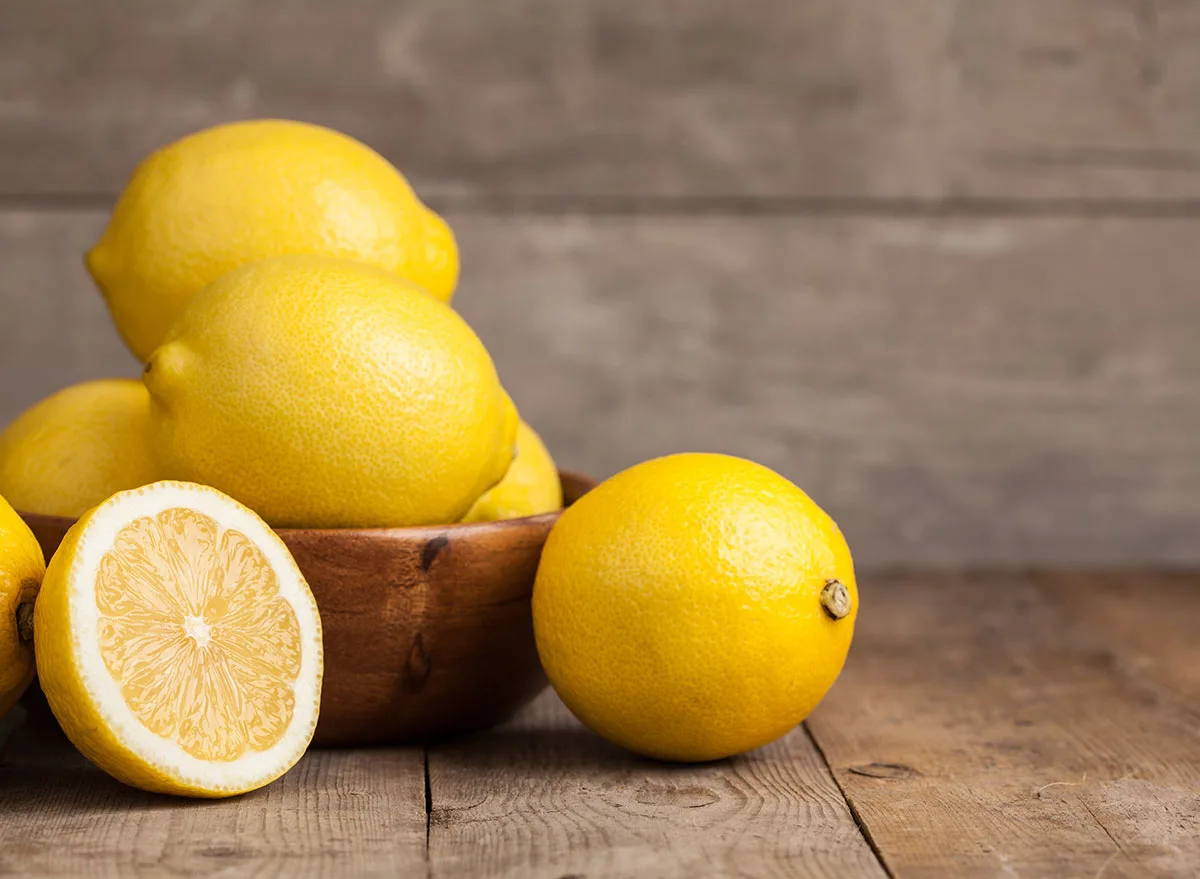By: Samuel Lin
A yellow-white drink rests with slices of freshly juiced lemon of vibrant yellow lying on top and a plain white straw sticking out of the glass. The drink is refreshing, like the air on a cold autumn morning. The sweet tangy taste combines with a sour but not bitter taste, to create a citrusy, satisfying refreshment. Although this may seem like an ordinary lemonade, this drink can prevent one of the most painful experiences: kidney stones.
lemons and other citrus fruits, like oranges, contain citrate, a superhero in fighting kidney stones. Yet there may be another superhero, as scientists think nanoparticles in lemons also fight kidney stones.
Kidney stones form when calcium and oxalate waste in urine stick together to form crystal stones. These stones, which can range from the size of a pebble to the size of a golf ball, jostle around in the urinary tract and rip up the tissue along the way. This can cause extreme pain in the lower back, blood in the urine, as well as vomiting.
“It’s so, so, so painful,” said Jingyin Yan, a kidney disease doctor at Baylor College of Medicine.
Many fruits contain citrate, a salt in citric acid. Lemons and limes contain the highest concentration, with lemons containing 1.44 grams of citric acid per ounce and limes containing 1.38 grams per ounce. Oranges have considerably less citric acid with 0.25 grams of citric acid per ounce. The citrate stops the formation of kidney stones, and scientists think two lemons a day may keep the kidney stones away.
“Studies have shown that drinking ½ cup of lemon juice concentrate diluted in water each day, or the juice of two lemons, can increase urine citrate and likely reduce kidney stone risk,” said Dr. Eisner, a kidney stone surgeon and doctor in Boston.
But, eating two lemons a day to fight kidney stones is not a viable solution. Even if people are willing to eat two lemons a day, which many people are not willing to, eating too many lemons can corrode teeth and cause toothaches. It can also cause stomach problems, like vomiting, nausea, and heartburn, where stomach acid travels up the esophagus.
However, researchers have found that lemons slow the formation of kidney stones not only because of citrate but for a different reason as well: nanoparticles. Nanoparticles are small nanospheres that contain various molecules like fat. They are found in many fruits like lemon, grapefruit, and dandelion. Many scientists including Hongzhi Qiao collaborated to publish a study on nanoparticles and kidney stones in Nano Letters, on February 2nd.
In their study, they fed lemon nanoparticles to rats and found that in the rats, the nanoparticles made the calcium stones less sticky, meaning the stones would not clump together to form larger stones. The nanoparticles also prevented the calcium from forming crystals and stones. In the end, the lemon-eating rats had smaller nanoparticles than the normal rats.
Sources:
https://www.sciencenews.org/article/lemon-juice-get-rid-kidney-stones
https://www.livestrong.com/article/132609-what-fruits-have-citric-acid/











